Non-Weekly Cucumber Salad #12 🥒
Slowly getting back on my feet
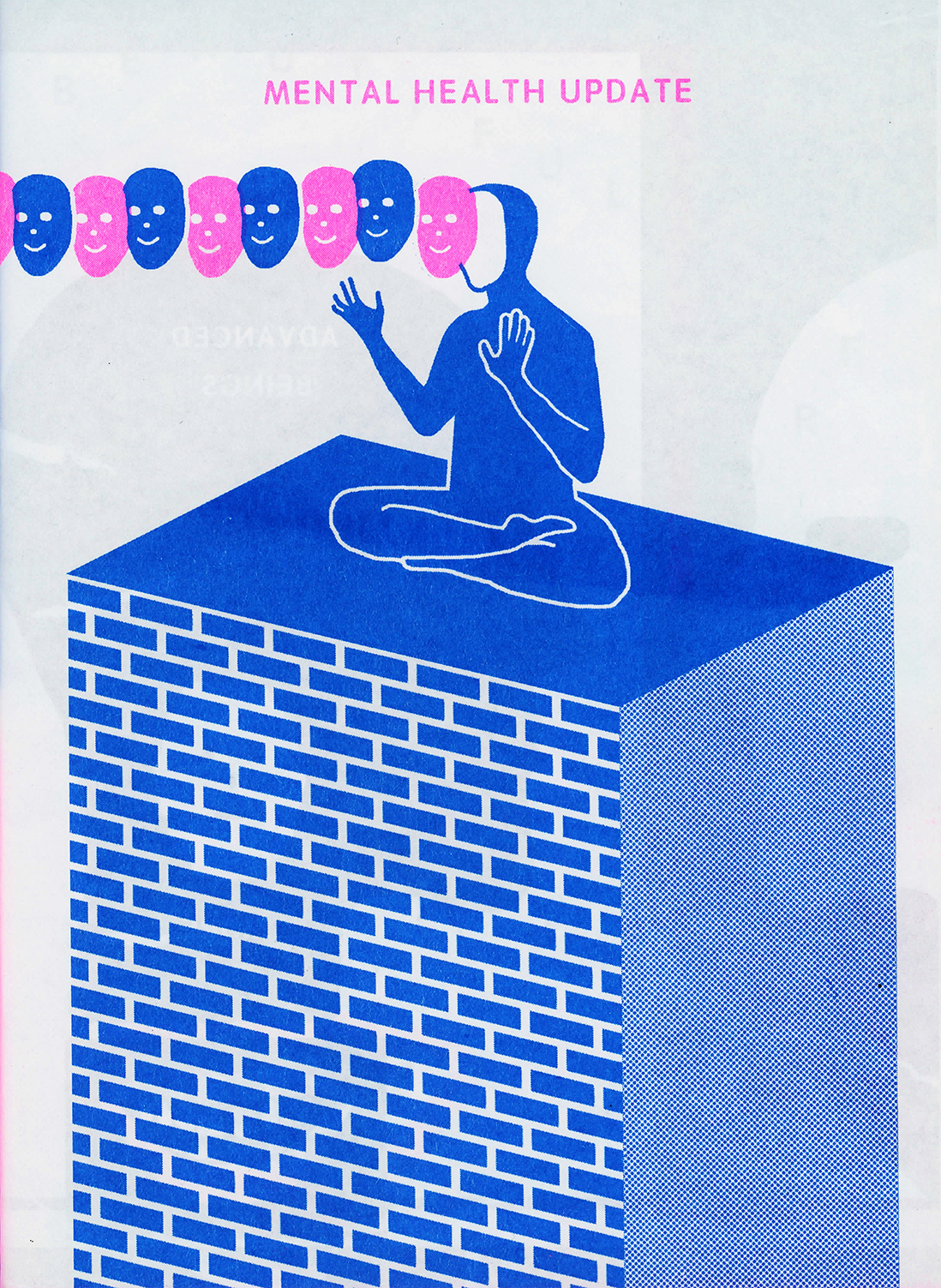
I know I have been inactive for over a month now, but because of my mental condition sometimes I just don’t have the capacity to put my head back in place enough to find the time and capacity to write.
That doesn’t mean that during this time I wasn’t in touch with a bunch of interesting ideas and concepts that I’ve felt inspired to write about.
I’m feeling a little bit better for the first time in several weeks, and I want to use this energy to invest in this edition of the newsletter and share some thoughts on what I’ve been up to.
I think one of the benefits of the newsletter is that I can make an irregular flux of publications and still get them sent to their destinations anyway, without the threat of upset algorithms over the lack of “engagement”.
Context: where am I now?
Summer is over and while I’m enjoying the autumn cuisine, I’m feeling quite sad about the lower temperatures and the absence of exuberant nature. Earlier this year had started to make an effort to spend more time in our garden and during the summer I got lost in it a few times.
I was curious about what was up in the garden because I’ve been reading about it for a while now, and I was aware of the infinity of the richness of knowledge and insight you can get from gardens, but I hadn’t yet experienced it myself.
That was until the day I got completely lost in the complexity of this tiny purple flower, just enjoying discovering its delicate design. At some point I started to imagine what it must be like to be a little insect and confront that beautiful immense colourful and soft structure, and how hypnotising it must be. How the gradient of the petals formed a tunnel that visually dragged you to the centre of the flower, it felt like a potentially psychedelic experience.
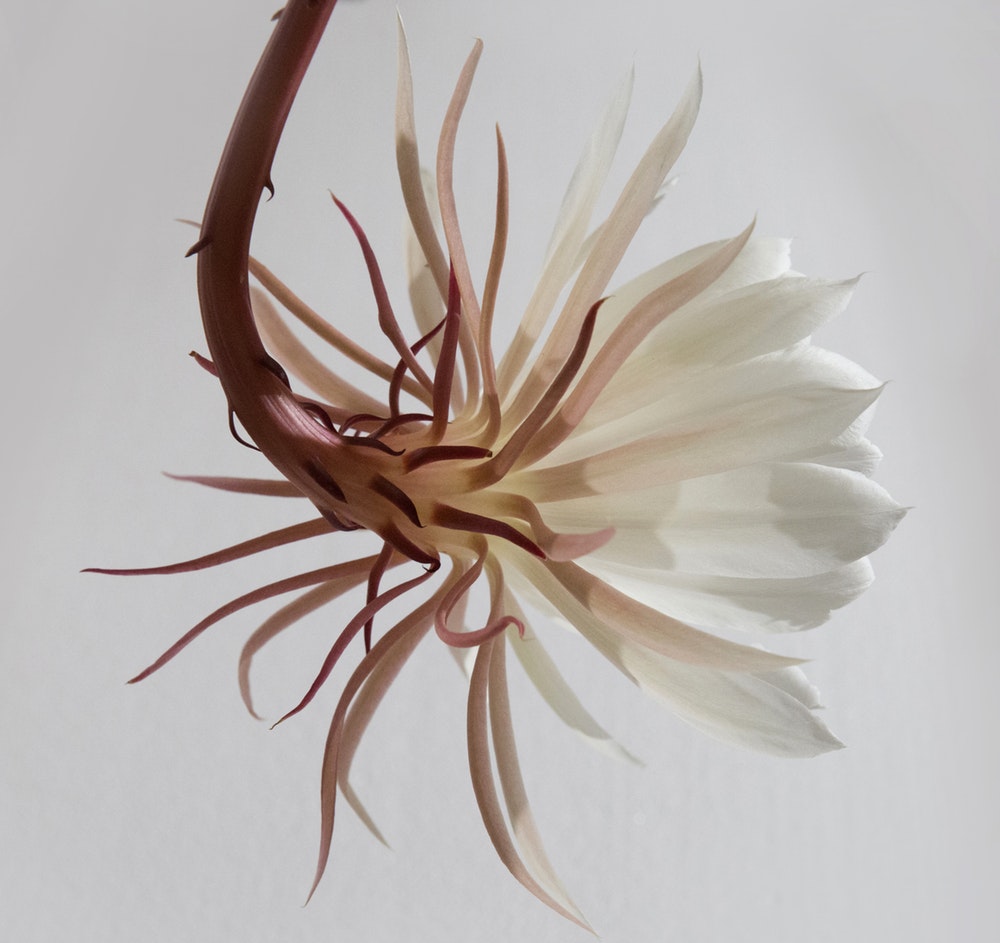
Suddenly I realised how bouquets are an overstatement, why gather so many flowers at once if you can get so much more insight from donating your attention to a single one? I understand the beauty of a collection of flowers, but at the same time it feels like the complexity of a whole world if gathered inside a single flower and gifting a dozen just feels overdone. (New take: bouquets are tacky and an overstatement).
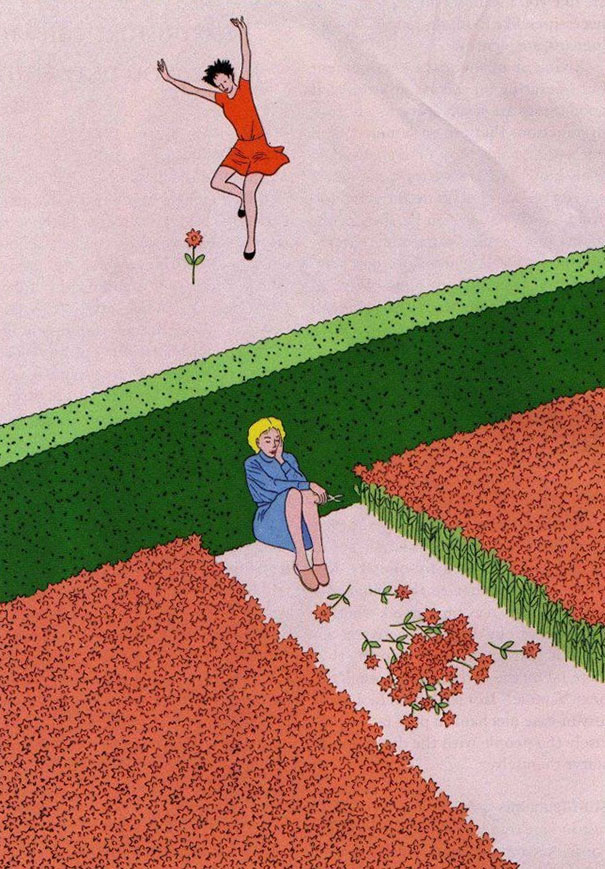
A few days later I was watching a documentary on tv and it talked about how these flies actually leave their eggs inside flower petals, and I was imagining how much of an amazing experience it must be to be cradled inside a flower and how little insight we have on the full complexity of life as we are burdened to be human beings living in the ruins of Capitalism.
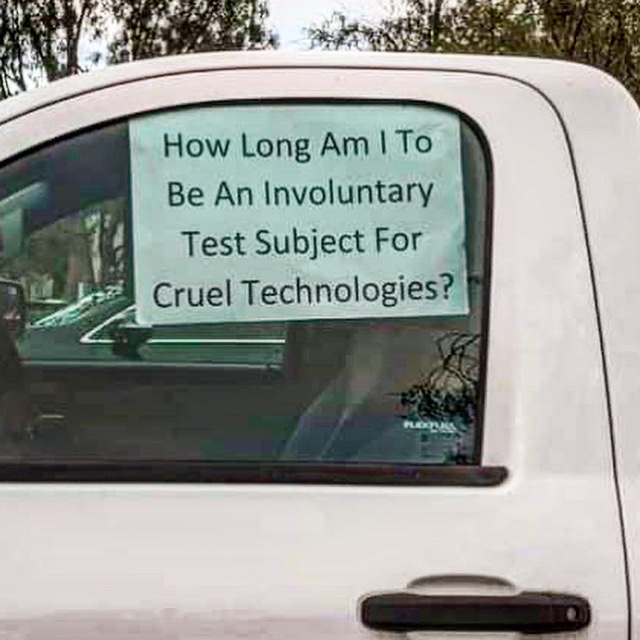
It was while contemplating these thoughts that I started reading Tok Thompson’s book Posthumanist Folklore. I learned about this book through an article on Digital Folklore published by Real Life Magazine an It seemed like it would be a promising read.
Yuval Harari found dead in a ditch
I don’t want to get too deep into this because I think its more productive for readers to actually read the book than to read me poorly trying to summarise all of the amazing things I’ve learned from it so far.
What I can say is that Tok Thompson’s book gives shape to many interesting ideas and speculations on posthumanist culture. I’m still on the first part of the book where he talks about the Animal Turn and it has been a fascinating read so far.
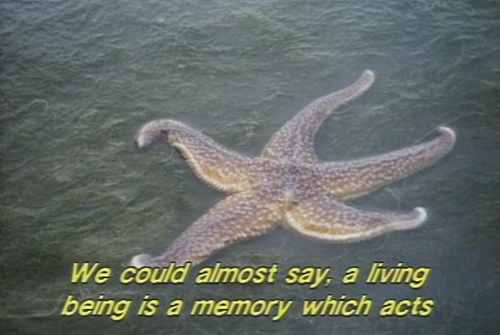

Many of the ideas I’ve read on this book validates feelings and thoughts I had while visiting the garden, and I was thankful for being able to make this connection.
And, interestingly, me and my friend Nicole decided to start reading The Mushroom at the End of the World together last month, which has many ideas that connect really well with Tok Thompson’s book.
I imagine you probably have heard of The Mushroom at the End of the World because it’s a book that has been (understandably) super hyped. The thing is that it was super interesting to read it at the same time I was reading another book on posthumanist, it really expanded some of the concepts presented in both books for me.
And I think that, so far, the most important and politically interesting take I’ve been taking from these readings is their power to fight, and actually outsmart, neo-liberal contemporary philosophy. By taking a deep reconsideration at how we understand ourselves as a species and all the human-centric knowledge that western society has built towards the centuries it is possible to visualise a much richer perspective of existence.
I really feel like post humanist studies have the key to building the future at this point, because in the ruins of the capitalist society, only a new understanding of ourselves as human beings can offer the necessary insight we need to thrive in the uncertain, but certainly hostile, future that waits for us.

Reading these books is one of those experiences where you highlight a whole page in the intention of only separating the most important bits of information. I really feel like posthumanist studies are the answer I’ve been looking for after having been swollen by all that acccelerationist nihilism.
With Love, 🌸🐝
Ana Luisa